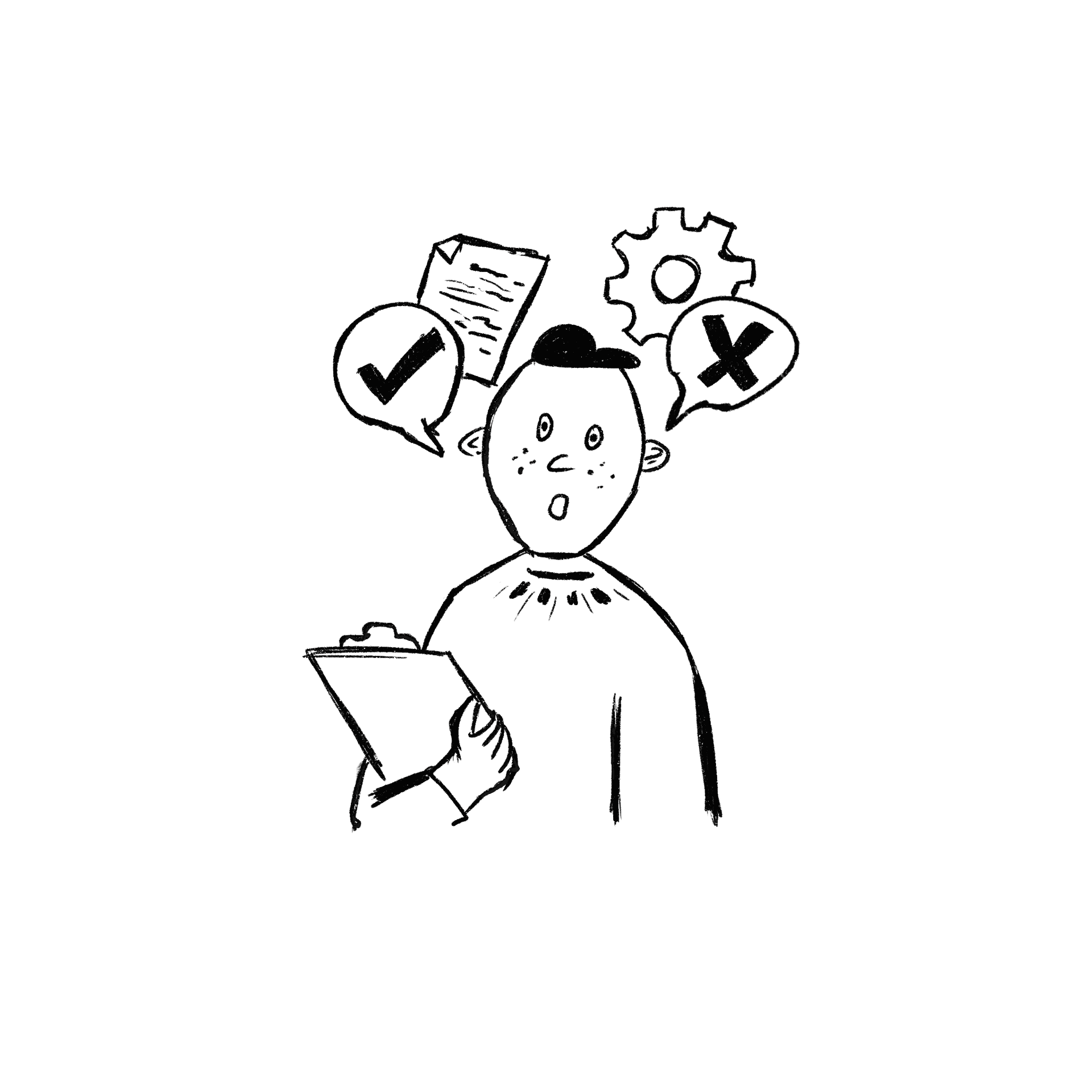How to Build a Branding Team?
That’s great, but who’s going to do the work?

If you’ve arrived at this article after reading the rest of our Branding Starter Kit, you’ll know that effective branding requires empathy, awareness, lateral thinking, and communication skills. The ideal candidates for an internal branding team would possess all these qualities, and be cross-functional in research, strategy and marketing.
But what if you’re a small, cash-strapped company and can’t take on new hires at the moment? What are some ways in which you can use your existing team to effect brand-positive outcomes? You might already have capable team members who work well together, but many employers find it difficult getting employees to take on projects outside their existing job scope.
The good news: Between your marketers, business developers, designers, and administrators, you actually have everyone you need to launch a branding task force. Better yet, they’re probably already doing most of the work you’ll need to improve your branding. What’s missing is a reframing of this work, and putting it all together.
Branding is as much about internal communication as it is about what you communicate to customers. How often do your different teams consult each other about projects that they’re each working on? By harnessing expertise across various departments, you can easily avoid branding misfires, missed opportunities, and come up with some pretty great branding ideas.
Assembling a branding task force
A small company can assemble a branding task force made up of four distinct roles:
- Landscape Expert
- Brand Champion
- Brand Guardian
- Customer Proxy

Landscape Expert
Qualities
- Knows all about industry trends and competitors
- Keeps up with current events and social/cultural trends
- Has a wide social network, or is very insightful about human behavior
Usually Found In:
- Business development
- Research
- Managerial
Branding Task Force Role
- Conducts research in the form of casual interviews
- Inform branding efforts with their knowledge of industry and socio-cultural landscape
- Gain insight into customer sentiment with their intuitive nature

Brand Champion
Qualities
- Understands company’s mission
- Creative thinker
- Unbothered by limitations
- Good communicator
Usually Found In
- Upper management
- Marketing
- Creative
Branding Task Force Role
- Idea generation
- Designing solutions/prototyping new branding initiatives

Brand Guardian
Qualities
- Detail-oriented
- Anticipatory and forward-thinking
- Able to articulate what they don’t know
- Good communicator
Usually Found In
- Design
- Public Relations
Branding Task Force Role
- Quality control of brand as it is presented across all channels
- Assisting Landscape Expert with research design
- Working closely with Brand Champion to design solutions (and act as a reality check if needed!)

Customer Proxy
Qualities
- Similar to target customer profile
- Able to voice opinions directly and honestly
- Uninvolved in business growth plans Usually Found In
- Administrative
- Operations
- Sales (added as requested but slightly concerned if sales team is incentivized to maximise sales figures or receive commissions, they may not have as much empathy for customers. They might lean towards ideas they feel will sell easily. What do you think?) Branding Task Force Role
- As “voice of the customer”, this person should be encouraged to constructively criticize and share their opinion
- As the in-house interview/test subject for quick customer research and prototype testing
- Able to play devil’s advocate, with no vested interest in branding projects
By assigning these roles to existing job functions, branding becomes less of an extra task, and more a change in mindset about the work you’re already doing. For example, in casual conversation with prospective clients, your business developer might be picking up valuable information about upcoming trends, but they’ve never had a reason to share it with your content marketing team. Together, might they come up with an engaging thought piece that echoes what your audience is already feeling? Your graphic designer might have noticed that a recent corporate function didn’t accurately reflect your company’s personality, but they were never in the same room as the planning staff. Together, could they have made the event more impactful? Perhaps there’s that one loud person in the break room who always has something to say about everything. Why not put them to use, with an internal review of your own products and services?
By identifying your team members’ strengths and allowing for some open communication, building an internal branding team can be as humble or ambitious as you want.
BONUS STEPS (How To Align Your New Task Force)
Get everyone together for an honest dialogue about the brand
Where does the team see the brand in 5 years? What do they understand about the company mission, and who do they think their customers are? How does each team member’s role relate to a different department?
Set a goal
Be clear about what you’d like the branding task force to achieve, and why. Set realistic, quantifiable benchmarks and metrics. (eg: customer reviews, membership referrals, etc)
Show them how it’s done
Demonstrate what the task force is expected to do, by reframing some of their previous work as an actionable branding insight.
